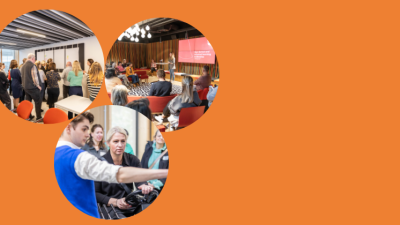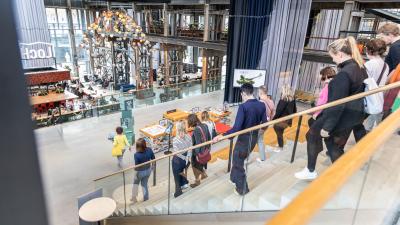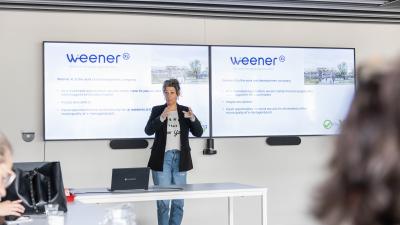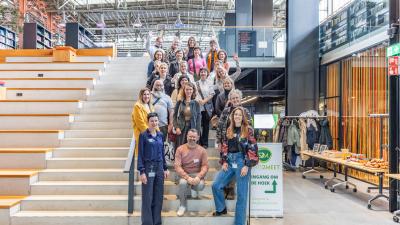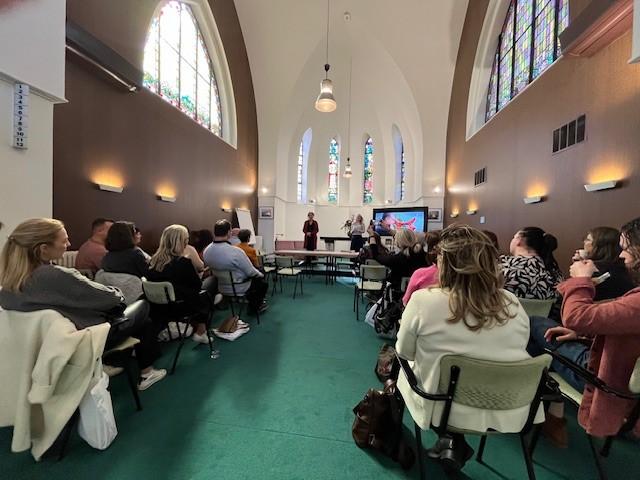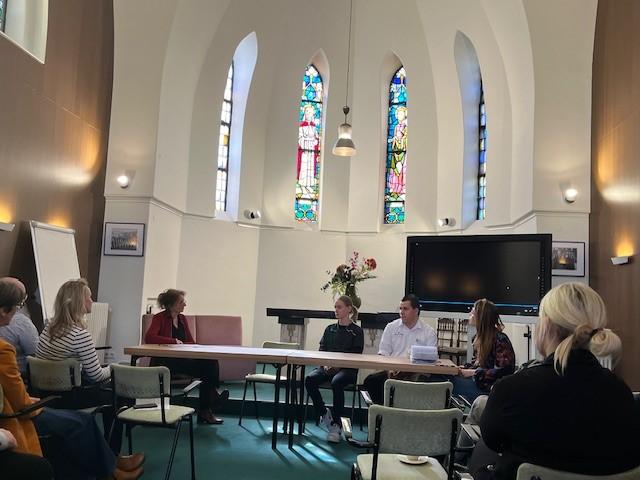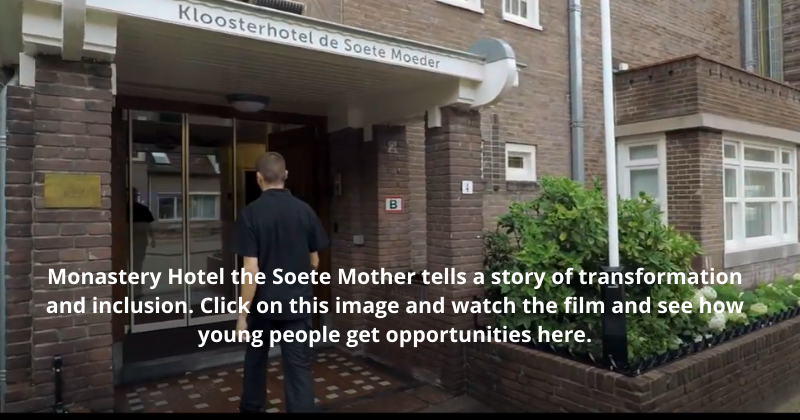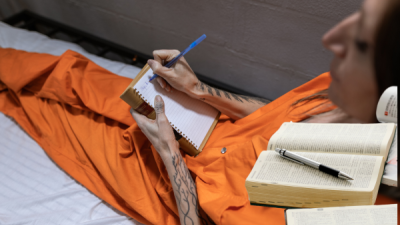Employees speak out
Sana is 21 years old and she does housekeeping work. She is not the studious type. She goes to school one day a week during her vocational training path and works at the hotel on the other days. An added bonus, according to Sana, is that she gets paid. At the start of her training some things were difficult for her, such as calculating the number of toilet rolls: how many per room and how many rolls to take with her. As the philosophy is that anything goes and one can learn anything, Sana gets help from school and from the supervisor at the hotel. She can also get extra help if so required. She now uses a note pad as an aid for when she forgets what she needs to do. Sana is also very glad that they clean the rooms in pairs so that they can divide the work and it is more fun. Sana will complete her training in July and she is definitely going to pass!
Celine is 24 years old and is doing an internship. She already has several MBO (secondary vocational education) diplomas in other fields. She is now enrolled in the Travel & Hospitality programme at an MBO institute. She started at the reception desk and is now working in housekeeping and has a part-time job in the kitchen. She was able to put her skills to use across a range of settings. She enjoys the contact with guests and does everything to make their stay enjoyable. The hotel has helped her discover how versatile she is and that she has good organising and planning skills. Moreover, she has learned to make contact more easily. She now works one day less per week as her mother is seriously ill. There is room for flexibility when it comes to participants’ home situation.
And then there is Simon, aged 27, who found adult day care at De Soete Moeder. A paid job is not an option because he would lose track of things because of his mild intellectual disability and autism. He applied for this place. The hotel can give him the one-on-one supervision that he requires. The supervision has taught him that structure and keeping an overview are greatly needed.
He works in the kitchen and uses work lists and instruction lists. Simon also has ‘in-between lists’ for times when he doesn’t know what to do. Too many stimuli can trigger his tics, causing him to drop things. To prevent this, efforts are made to ensure predictability and a clear start and end to the day. Simon would prefer a paid job, but at the hotel he has learned to accept that he needs supervision. He appreciates being heard and enjoys the good atmosphere amongst his colleagues.
